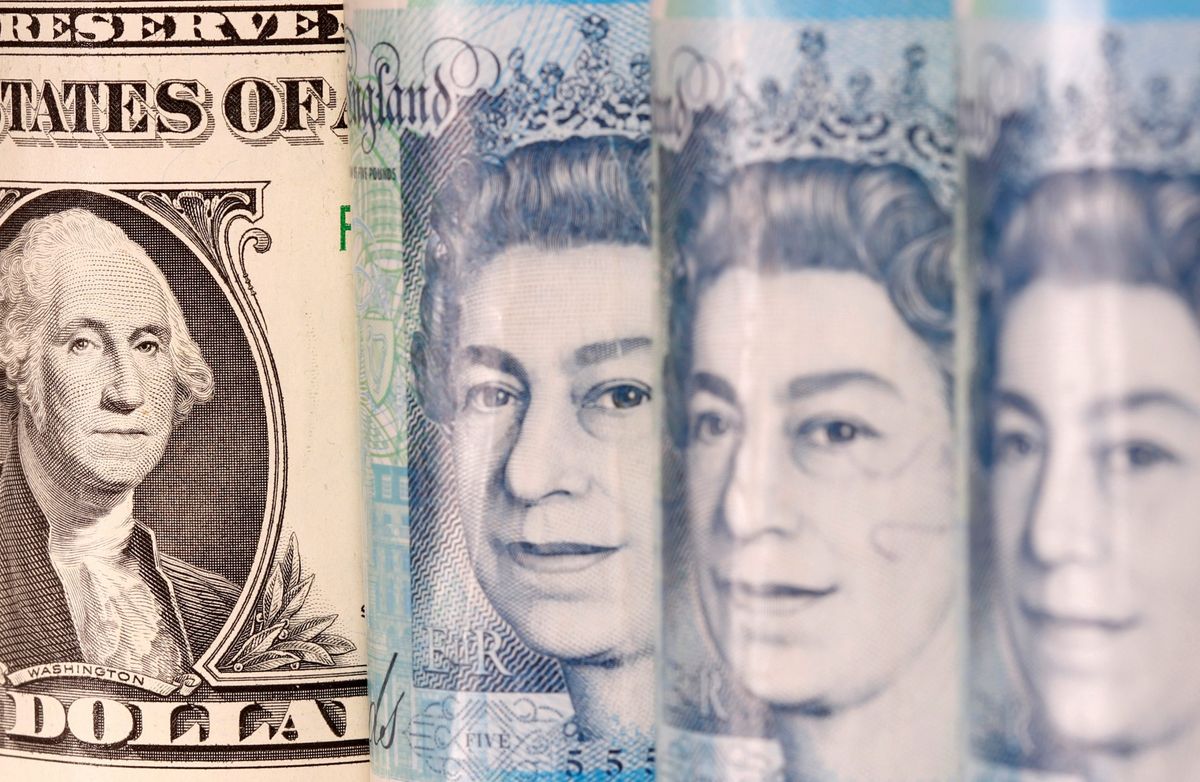Why is the Bank of England stepping in to avoid a financial crisis

A few minutes every morning is all you need.
Stay up to date on the world's Headlines and Human Stories. It's fun, it's factual, it's fluff-free.
The UK’s economy has been struggling lately. The pound is hitting rock-bottom lows against the US dollar, recently at just US$1.058 (from our experience, it’s usually around US$1.30ish). Following the death of Queen Elizabeth II, some British people were appalled at having such a lavish state funeral (estimated to have cost at least US$7.5 million) as the public deals with a cost-of-living crisis and rising fuel prices.
Last week, new Prime Minister Liz Truss revealed her tax and spending plans, including controversial tax cuts for the rich and government spending to ease the pressure of rising energy costs. Her plans have worried investors and the Bank of England, which began buying bonds again on Wednesday.
But why bonds? It’s looking to tamp yields down and boost bond prices back up to try and calm the market “dysfunction” down. By temporarily buying into bonds, the central bank hopes to prevent panic selling which would stress the market out even more. Falling bond prices could affect pension funds, hurt the housing market and increase the chances of a recession.
Key comments:
“The purpose of these purchases will be to restore orderly market conditions. The purchases will be carried out on whatever scale is necessary to effect this outcome,” the Bank of England said in a statement.
“The Bank of England is in a sense responsible for this because they have hopped onto this central banker hubris right now, which is to dampen demand to stop inflation. I believe this means they are going to flood the UK monetary system with liquidity. When the Bank of England buys bonds, it puts more liquidity into the economy, but when you have more pounds in the economy than is necessary, then you have a pound that gets weaker and weaker. It’s money printing. That is their answer. Their answer to contraction is money printing,” explained Vladimir Signorelli, head of Bretton Woods Research.
“A decision by the government to scrap some of the tax cuts, or to cut spending sharply, would help to alleviate the stress in [currency and bond markets]. But its actions to date have eroded confidence among global investors, which cannot be easily restored. Accordingly, a painful recession driven by surging borrowing costs lies ahead,” Samuel Tombs, an economist at Pantheon Macroeconomics, wrote in a research note.




Comments ()